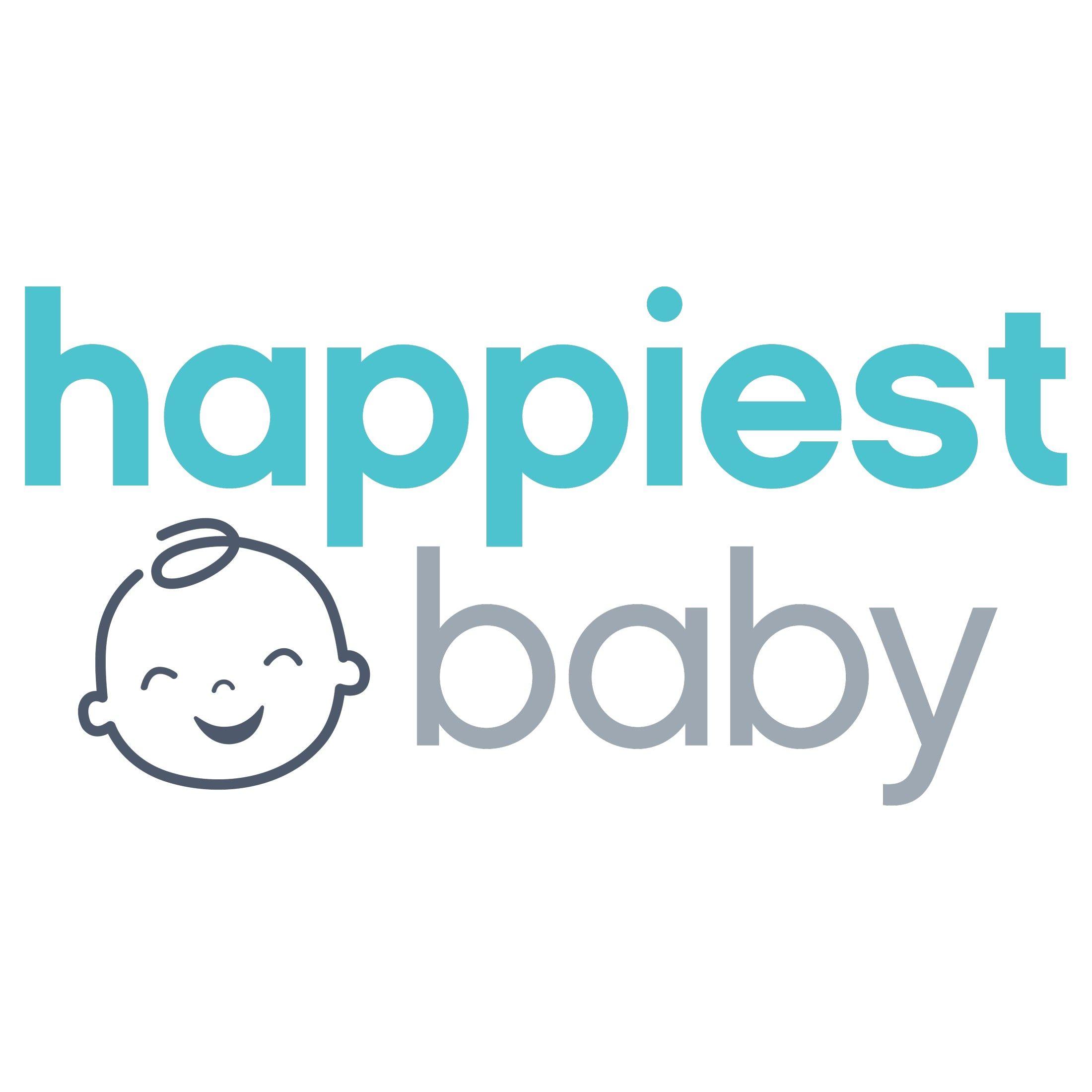SNOO
After Open-Heart Surgery, SNOO Was Key to Recovery
When Baby Judah needed open-heart surgery, SNOO was there to keep him calm and comfortable.

Written by
Happiest Baby Staff

SHARE THIS ARTICLE
PARENT PICKS
Bestsellers
SNOO

Written by
Happiest Baby Staff

SHARE THIS ARTICLE
Bestsellers
Babies pack a lot of accomplishments into a short amount of time…evolving from tiny cuddly blobs (we say this with love!), to engaged, entertaining, on-the-go little humans in the blink of an eye. And some babies have extra challenges to overcome, making their accomplishments all the more heartwarming. That is the case with Baby Judah, who in his first months of life, had to undergo and recover from open-heart surgery.
During mum Kristina Dreiling’s 20-week pregnancy scan, Kristina learned that her son had a heart defect. Shortly after, she received the official diagnosis of Tetralogy of Fallot (TOF), which describes a combination of four different heart defects that conspire to prevent the body from getting enough oxygen.
Babies with this diagnosis are prone to tet spells caused by a sharp drop in oxygen that turns a baby’s skin, lips, and nails blue. Crying or agitation can spark these scary spells, so keeping a baby calm is key, the paediatric cardiologist explained to Kristina. When Kristina asked how she could keep their newborn calm, her doctor recommended SNOO.
'From there I looked it up and thought I had to have it,' she remembers.
Judah arrived about two weeks early. Though Kristina knew from the outset he would need surgery to put in a shunt, the doctors learned that due to his specific type of TOF, they could wait until Judah was a little bit bigger before performing open-heart surgery.
When Kristina brought Judah home, she was hesitant to put him in SNOO right away because he was so tiny. But soon, she realised SNOO was necessary during a long colicky spell.
'He had been crying at least 30 minutes straight. I was at the point that I thought we need to go to emergency room. I tried everything, but with COVID, there was nobody around. It was just me and my 3-year-old; my husband was at work,' she says. 'And with his condition, I thought, I’ll put him in SNOO. Within a couple minutes, he calmed right down and fell asleep. From there, it’s been like his little buddy.'
When Judah was just a little over 4 months old, his buddy accompanied him to the hospital following open-heart surgery.
![[object Object]](/_next/image?url=https%3A%2F%2Fcdn.sanity.io%2Fimages%2F301lhh0a%2Fproduction%2Fc33d4809bcb319aede5a4da32a2ec926eaa2424c-480x320.jpg&w=1080&q=75)
'Once he graduated from the cardiac ICU, he was doing well enough to be in step-down unit, but he was having the hardest time recovering and gaining weight,' she says. 'We asked if we could bring SNOO, and our surgeon was like, "absolutely." From there he got a lot better.'
In addition to helping to keep Judah calm during recovery, SNOO’s special built-in swaddle had other benefits. As the incision begins to heal, the stitches can get very itchy, which causes babies to pull at them. However, with Judah’s arms swaddled down, he was not able to claw at his chest.
'After his surgery his startle reflux was very strong, and this helped calm him. Plus, sternal precautions including not lifting your arms, but you can’t really tell a baby not to do so,' Kristina says. 'Even though he is now beyond the age where swaddling is advised, SNOO has allowed him to be swaddled safely.'
SNOO Sack’s two-way zipper design also allowed both ECG and draining tubes to be threaded through seamlessly. 'That way he could rest and relax, which is huge for recovery,' Kristina explains.
![[object Object]](/_next/image?url=https%3A%2F%2Fcdn.sanity.io%2Fimages%2F301lhh0a%2Fproduction%2F2a03fa1865504225021ee5c3df90510c78762ca1-270x480.jpg&w=640&q=75)
Judah’s been back home for a couple of months now. And though he will probably have at least one more open-heart surgery in his future, he has made big strides. Having already conquered major post-op milestones, now he is mastering other milestones—like handing out high-fives!
'Our experience has been amazing, and I am hoping other heart families can utilise and know SNOO is out there,' Kristina says. 'My husband and I have been floored by how amazing it’s been.'
![[object Object]](/_next/image?url=https%3A%2F%2Fcdn.sanity.io%2Fimages%2F301lhh0a%2Fproduction%2F8edd037049dc26c0a21c189a4b534d8d9ba02e81-360x480.jpg&w=750&q=75)
Disclaimer: The information on our site is NOT medical advice for any specific person or condition. It is only meant as general information. If you have any medical questions and concerns about your child or yourself, please contact your health provider. Breastmilk is the best source of nutrition for babies. It is important that, in preparation for and during breastfeeding, mothers eat a healthy, balanced diet. Combined breast- and bottle-feeding in the first weeks of life may reduce the supply of a mother's breastmilk and reversing the decision not to breastfeed is difficult. If you do decide to use infant formula, you should follow instructions carefully.